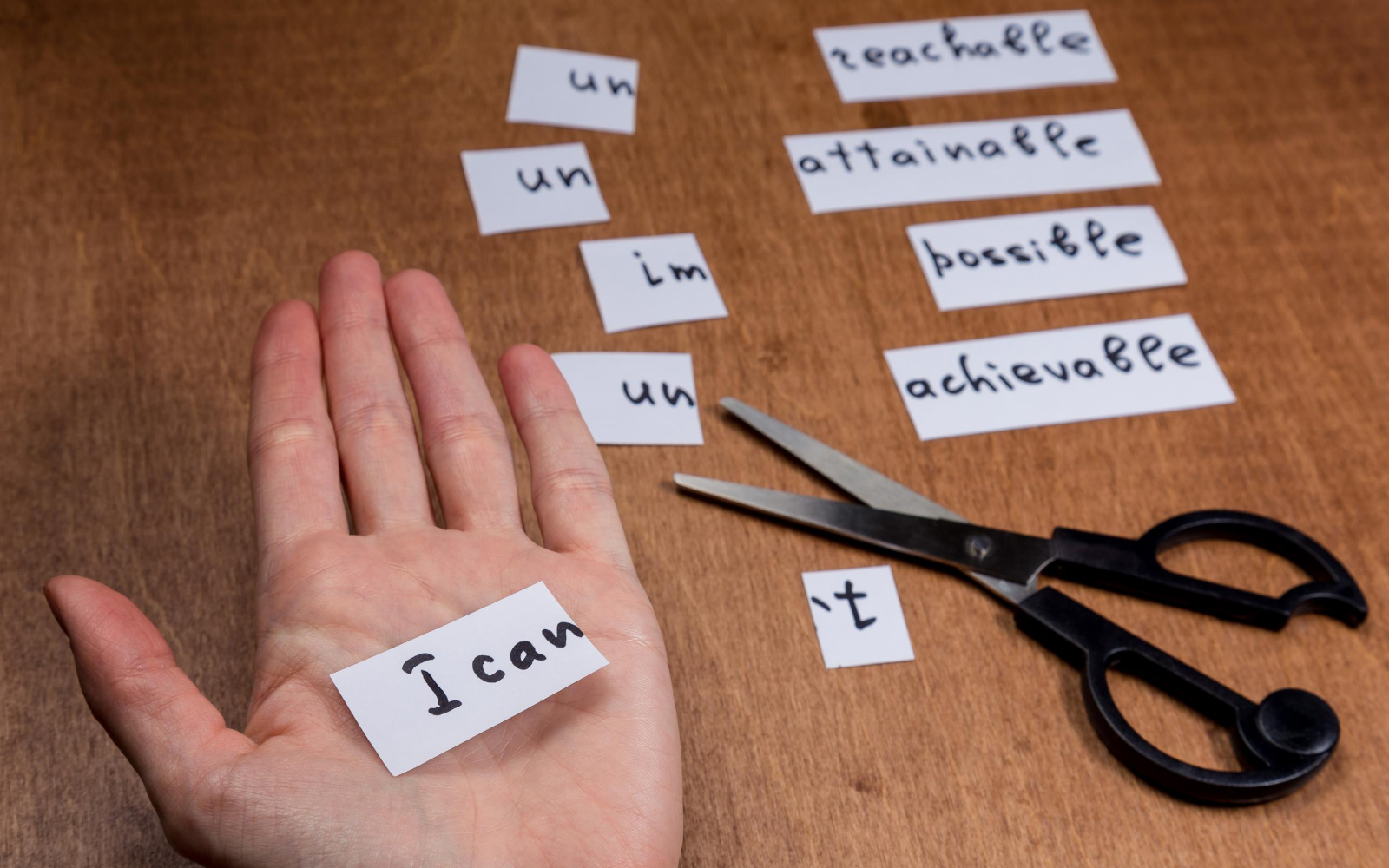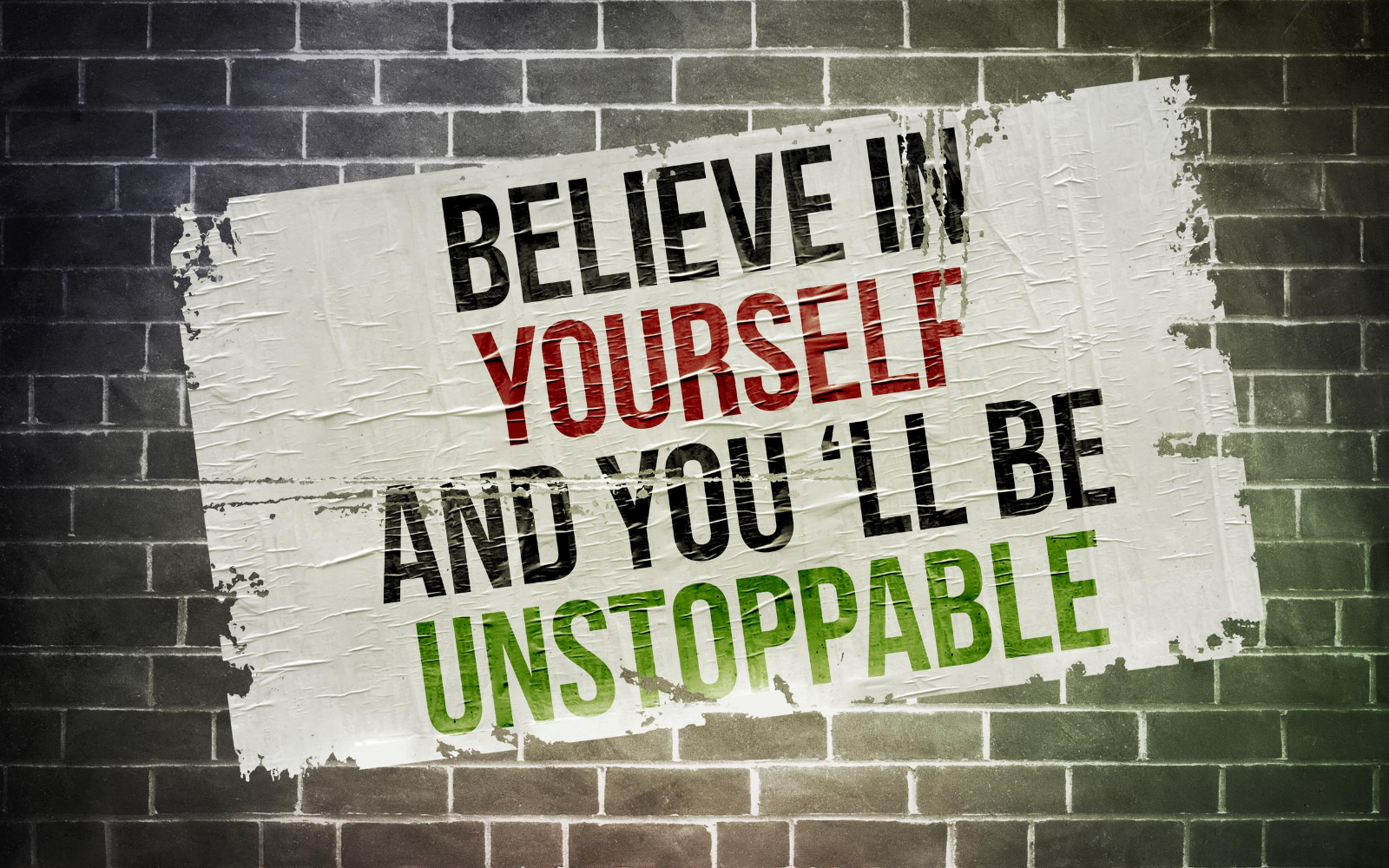Ask Elon Musk, and even he would tell you about the time when he was struggling with his self-confidence. Or maybe, he might just say that he is still somewhere struggling with it.
No matter how successful we become, no matter what achievements we receive, we humans are very insecure people, it is just some of us have more self-confidence than the others to not let these insecurities make a difference in their life.
Insecurities are universal, from being insecure about the skills we possess to feeling insecure about the way we look, everyone is prone to feeling insecure for numerous aspects. These insecurities try to keep us from reaching our full potential, personally, socially, and even professionally. Many can successfully move away from the traps of insecurities and yet many succumb to it.
“Self-confidence is the key to success.”
That is a quote one has surely read at least once in their life, but have you ever wondered why it is so?
Why is Self-Confidence the key to success?
First and foremost, confidence is nothing but your state of mind. It is feeling good about yourself, about the skills you have and the person you are. It is about trusting yourself to do well in a decided field of yours.
Our performance in any area of our life has a lot to do with what we think of ourselves. It has a lot to do with the inner conversation we have with ourselves. When a person’s self-confidence is low, they are going to doubt themselves, even for situations they have prepared for completely. This usually leads them to actually fulfill their doubts, they usually actually go and mess up on things that are relatively easy for them and let us not even talk about the difficult ones.
But when a person’s self-confidence is sufficient, they are not able to do the easy tasks properly, they are even good at tactfully managing the difficult and complex ones. The inner self-talk of a confident person empowers them to tackle any and every task and difficulty that they might face. They might not be best equipped for the task at hand and yet their confidence would make them do the best they can. Self-confident people are independent and self-reliant, they can let go all nervous feelings with just positive and affirmative thoughts, they tend to experience less anxiety before an important performance or project and thus tend to perform skilfully even when they lacked in skills or ideas.
Self-confidence is not something you are just born with. You develop it with time, experience, and positive self-talk. Many fail to develop this extremely essential quality and face a lot of struggles due to this, with the added pressure of insecurities.
If you haven’t yet developed this trait, it is never too late, and never too difficult. The answer to developing is starting now and the following are the few ways that you can follow to gain the level of self-confidence that you want to achieve.

Step #1 No negative self-talk.
We all are critical of ourselves, all those who have mastered the art of self-confidence and even those who haven’t. But the difference between those two categories is how they are being critical to themselves.
A person, who lacks in self-confidence but is full of insecurities, would be critical of their faults in a way that instead of trying to change them or improve them they are going to be hard on themselves, they would make themselves feel inadequate and incapable to do most of the things. They’d even feel that anything they have achieved, no matter how much they worked hard for it, they do not deserve it. They also tend to keep on reminding themselves of the times they failed even when the number of times they succeeded is more than their failure.
But at the same time, a person with self-confidence is going to be critical in a way that they tell themselves that though they possess a certain drawback, they can either eliminate it or find ways to work with it. Not limited to just this, they keep on reminding themselves of all the time they have succeeded in numerous and varied tasks and also remind themselves about the lessons they have learned from their failures. They also have numerous positive self-talk in their head that is all about knowing that they can do it and pushing them to their highest potential.
That is the difference, the one biggest difference between a self-confident person and an insecure person, the positive self-talking.

Step #2 Believe in the law of attraction.
Confidence is the key to success and affirmation is the key to confidence. Limiting and reducing negative thoughts or maybe eliminating them is a good way to start, but one needs to follow it with affirmative thoughts.
These statements are meant to uplift you and provide you the courage you need to embark on the journey that you might be too scared to start. When we use affirmations in our thought processes, we are telling ourselves that we believe in us, our skills, talents, and also our dreams. We provide ourselves with the support we need to be successful. Instead of searching it from other people, we are supporting ourselves for all the struggles that would ensue in the journey that is life.
When a person’s mind is full of sentences like, “I can’t do it,” “I am not capable of this,” or even sentences like, “I don’t deserve this,” they are only making it easier for themselves to fail at the task at hand. Our brain is very susceptible to creating false memory and thus also easily believes what is being told to it. (Remember ‘All is well’ from the movie 3 Idiots?)
When we repeatedly tell ourselves that we cannot do something or that we do not have the quality for certain something, we are making ourselves believe those sentences even when they might not have been true initially. Moreover, when we say such things, we are not acknowledging our drawbacks but instead, we are accepting them and giving ourselves the free and lazy ticket to keep on letting those drawbacks exist in us and allow it to ruin our life in whatever way it can.
So what we repeatedly say to ourselves, we start on believing that, and if we have that much power on our minds, to control what we believe and what we don’t and to finally control what actually happens, why would one choose to state negative words?
You should remind yourself of how you have succeeded in the things you succeeded, should remind yourself how you were able to endure the failures and how you learned a lot from them. You should also state having qualities that you do not even possess for your brain to believe it once you have repeated it enough times.
Few affirmative sentences that can be helpful for you:
- “I am a very confident person.”
- “I learn from my mistakes.”
- “I know I can accomplish anything I set my mind to.”
- “I believe in myself.”
- “I am superior to any negative thought or insecurities I ever had.”
- “I possess all I need to succeed in my field.”
- “I am happy, courageous, and confident.”
These are just a few examples of how these affirmative sentences are. You can always search the net for more or could even create your personalised ones that focus on the deeper and more rooted aspects of your life.

Step #3 Interrogate your inner critic.
Every single one of us has that inner critic talking in the back of our head, sometimes even taking over completely. It can either be our insecurities speaking or our past experiences, but it doesn’t have to be a bad thing.
When you ask your inner critic questions about the statements it makes, you can eliminate imperfections and mistakes from various areas of yourself or even something specific like a particular project.
People usually try to ignore their inner critic, stating that it makes them feel less confident or insecure. But to become more self-confident and also successful, it is essential that instead of running away from your inner self-critic and to make it your friend, your mentor, or a very skilled rule book.
Think of the inner critic as someone who has gone through a lot, has experienced a lot of bad stuff, and has only become more cautious and protective after that. All that it has gone through, all the failures, mistakes, and external criticism has only made it wiser beyond us, and ignoring it would be very foolish of it.
But at the same time, if we believe everything this critic has to say blindly, we might be again stopping ourselves from our full potential. Instead, we can choose what we follow and what we don’t; we can choose what IS wise and what is too precautious.
The method to decide this is to interrogate all of the important thoughts your inner critic shares with you. When it says that you don’t have what it needs to become successful, instead of turning a deaf ear to it, you can question what makes it say that, why does it think that and with the answers you receive you can either decide whether the inner critic knows the best about this or this time you were the wiser one. This can also help you to know of areas you might be lacking in confidence or skills, which would allow you to prepare yourselves, to improve your skills of those areas, to improve those skills and to be armed with all that you need to be successful in your decided pursuit.

Step #4 Stop letting the external criticism bring you down.
The inner critic isn’t the only critic we experience in our lives. From our mentors, teachers, colleagues, friends, and family, all have something to say to us. And ignoring is again not the correct way, but at the same time, so is not blindly following them.
One should question any criticism they receive, they should attain clarity on why a person thinks the way about them and instead of getting defensive or offended, one can decide if it was useful for them or not, if they need to bring changes in themselves, if there is anything to learn in the criticism or it is something they need to let go.
One should also remember that in the end, it is only us who knows ourselves, all our struggles, dreams, aspirations completely, there is no one else who would understand what all makes you nervous or scared or excited; only you know that. So while these external criticisms could always be used to self improve, one should also remember that not every criticism they need is something they should believe or can construct upon. Sometimes it is just the other person’s jealousy speaking or their self-doubts that stemmed from their personal experience and has nothing really to do with you.
So when anyone criticises you or your project the next time, instead of letting it bring you down, question it, decide if it is constructive and valid and then only if you find it accurate, work upon trying to eliminate the cause behind the drawback.
Self-confidence is that one thing that can push you from being mediocre to becoming someone very successful and satisfied in the pursuit of their life. You get to decide if you are okay with being mediocre or are you willing to bring changes in who you are to improve your life completely. When you are confident, you stop comparing yourselves to others, you learn from your failures, you empower and motivate yourself on your own and open up several opportunities for yourself that would have been closed to those who lack in the department of self-confidence.



